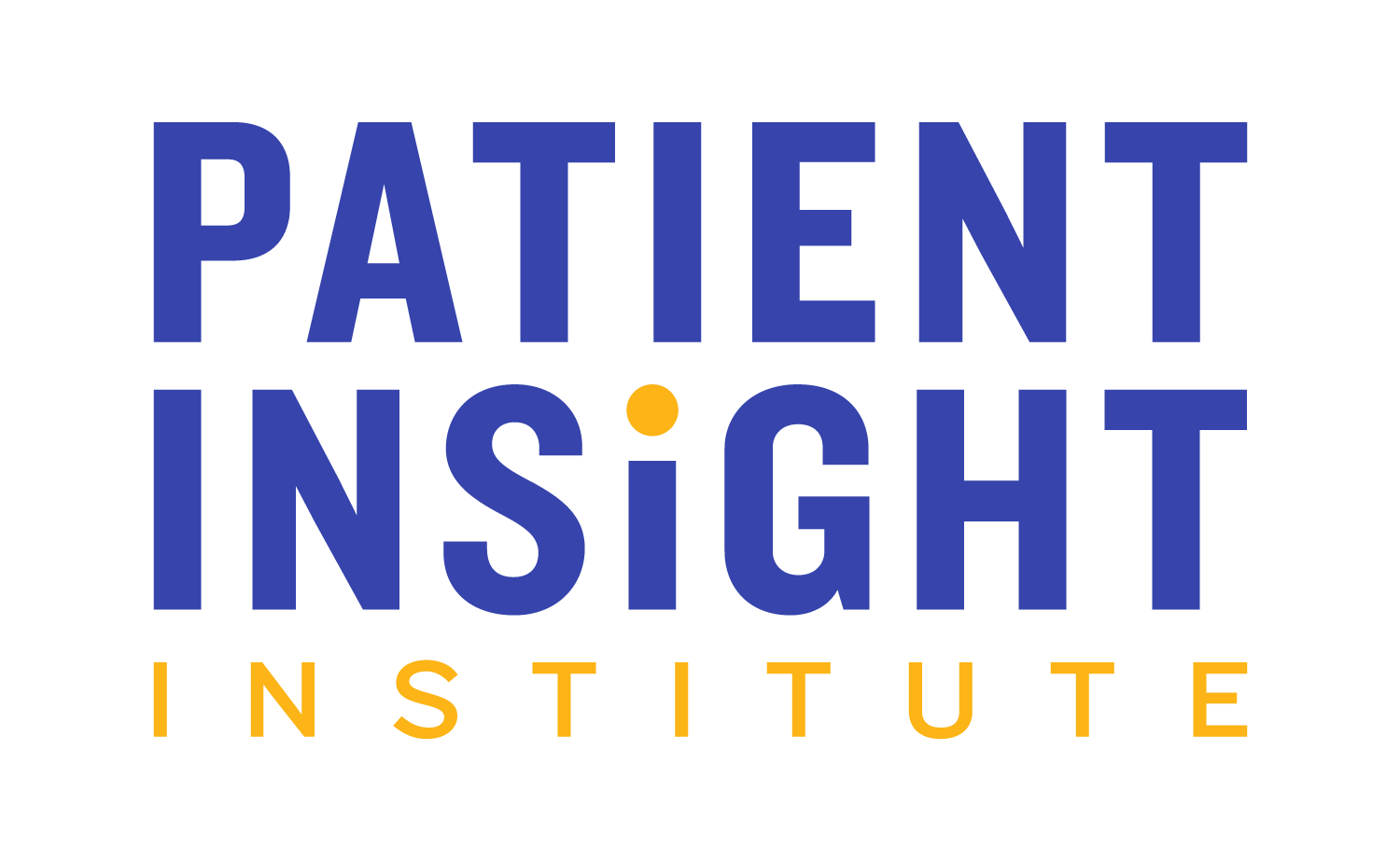Ubuntu: I Am Because We Are
Shalini Raichur
Senior Policy Analyst for Health Equity — AHIP
2024 Early Career Investigator Spotlight
August 30, 2024
The African philosophy of “Ubuntu” often translates to “I Am Because We Are” or the concept of a universal bond of sharing humanity. This philosophy is the driving force behind my work in addressing healthcare inequities and injustices, as it highlights that injustices faced by one group impact the lives of others because of our shared humanity. The concept of Ubuntu reminds me that as human beings, our humanity is bound together. Witnessing inequities and injustices faced by marginalized populations has made me passionate about fighting these injustices because everyone deserves access to quality and affordable resources to promote their health and wellbeing.
After witnessing health disparities in my own family, the community around me, and the world, a fire sparked inside of me; a fire to help those in need through the healthcare field by changing the systematic structures that inhibit people from acquiring affordable quality healthcare.
My passion for helping those in need continues to grow and be shaped through many different experiences. After travelling to Grand Bois, Haiti and India multiple times, I have been able to observe how access to healthcare and health resources dramatically improves lives. This notion pushed me to take a closer look at healthcare and healthcare systems surrounding my own community to see how access to healthcare affects those around me.
Access to food, safe housing, and medical care were struggles present in my local community, markedly more challenging for some than others due to the ever present impacts of racism, sexism, and classism. These inequities are what fuel my drive to eliminate disparities and improve access to health and social care. Health is a human right and impacts one’s ability to live a full and joyous life.
My personal journey has highlighted how inequitable structures can shape healthcare interactions. I never felt like I was winning in terms of my health care providers until recently, when 6 out of 6 of my health care providers shared an identity with me – whether it was my gender or being a person of color, something I never experienced in my predominately white and rural hometown. I have seen my friends and family’s health care concerns be diminished and belittled for what can be chalked up to paternalistic power imbalances, and the struggle of finding a provider who meets my needs and understands my identity.
Our project with the Patient Advocate Foundation’s Insight Institute seeks to better understand what an equitable care experience looks like from the patient’s perspective. The findings from this project seek to transform healthcare practices to better meet the needs of patients and to provide patients with the care experiences they wish to have. By better understanding what it is that patients seek, we can dismantle inequitable structures and work to rebuild systems that better serve patients, improve outcomes, and create more access. This initiative is a step towards creating a healthcare system that embodies the Ubuntu philosophy.


